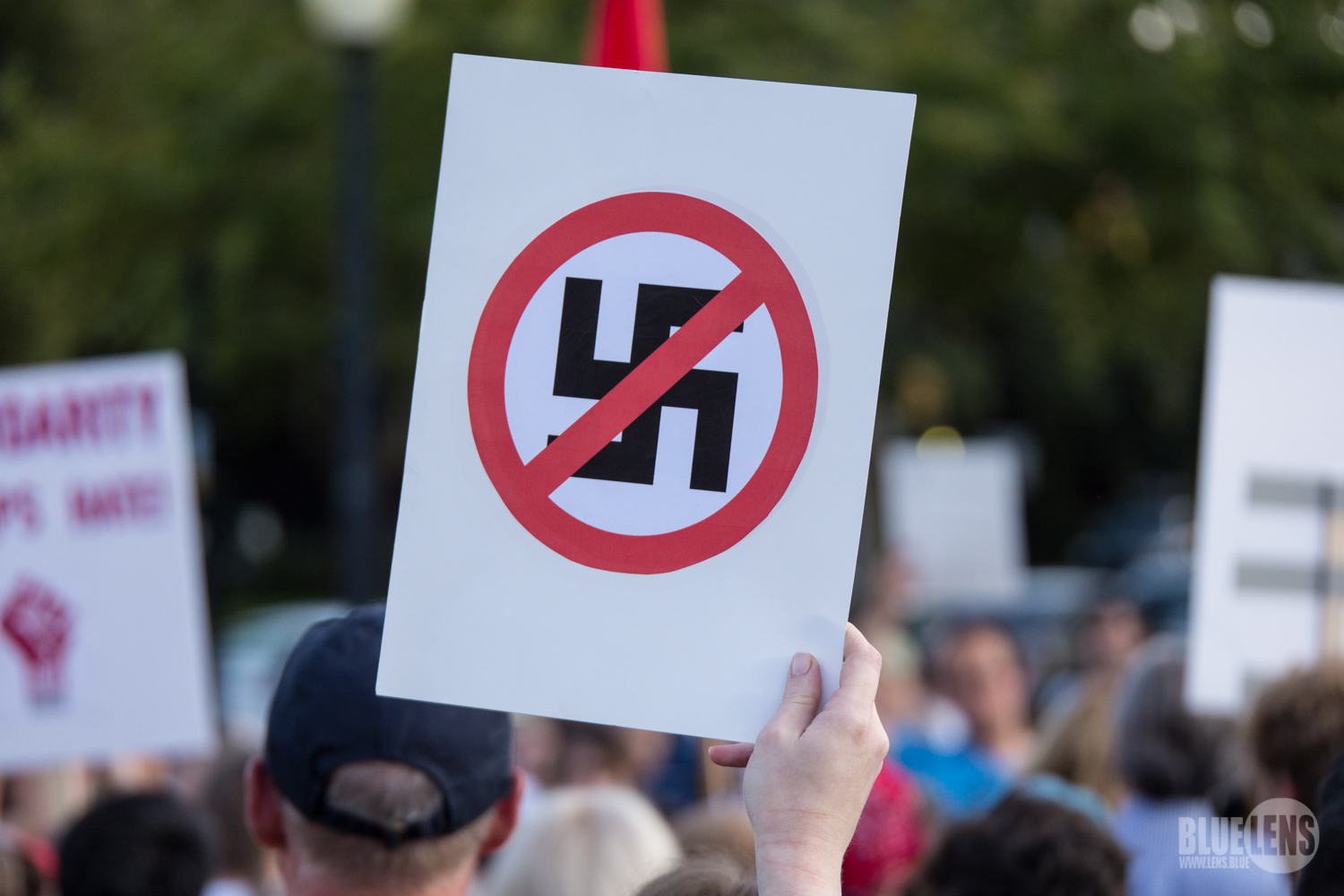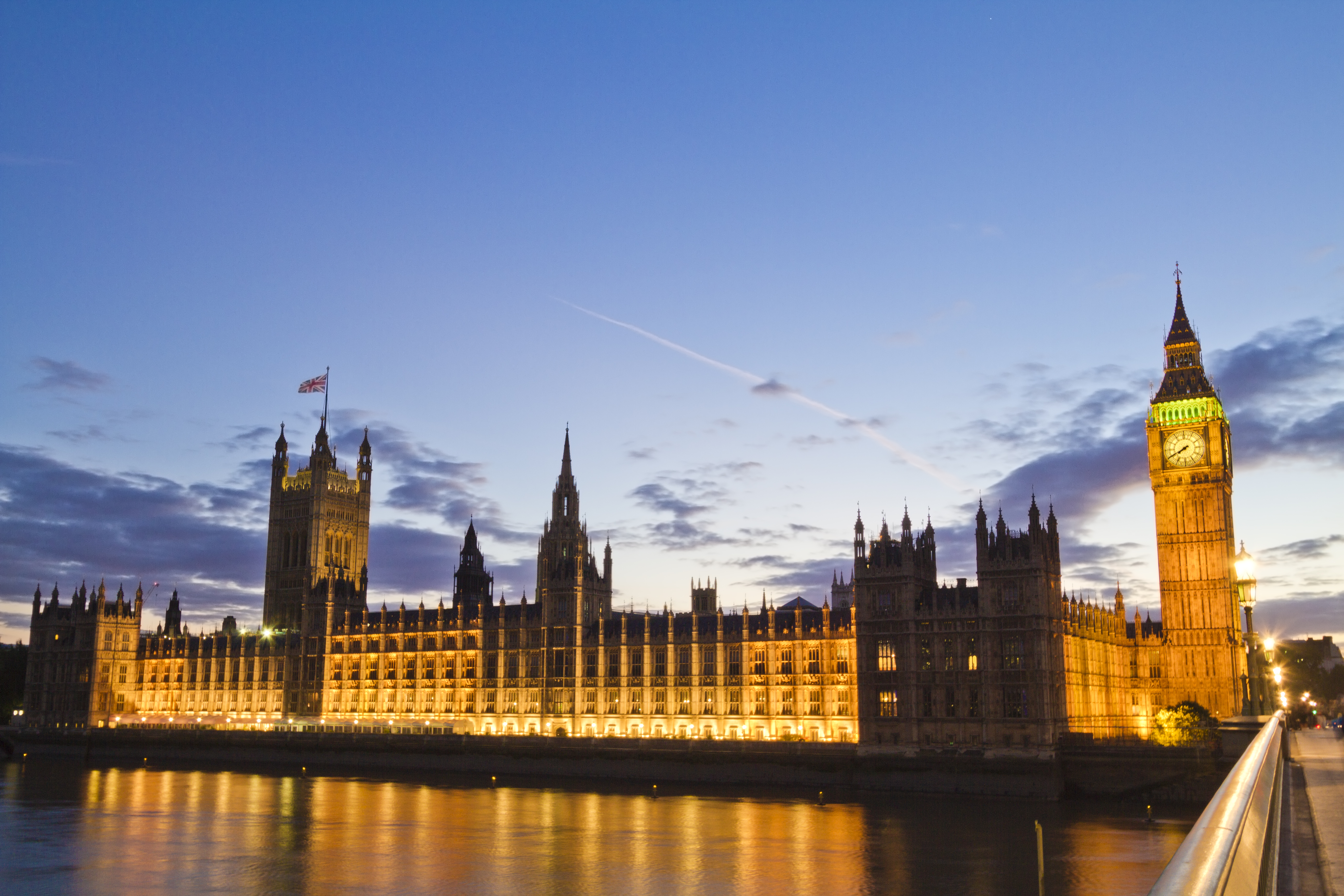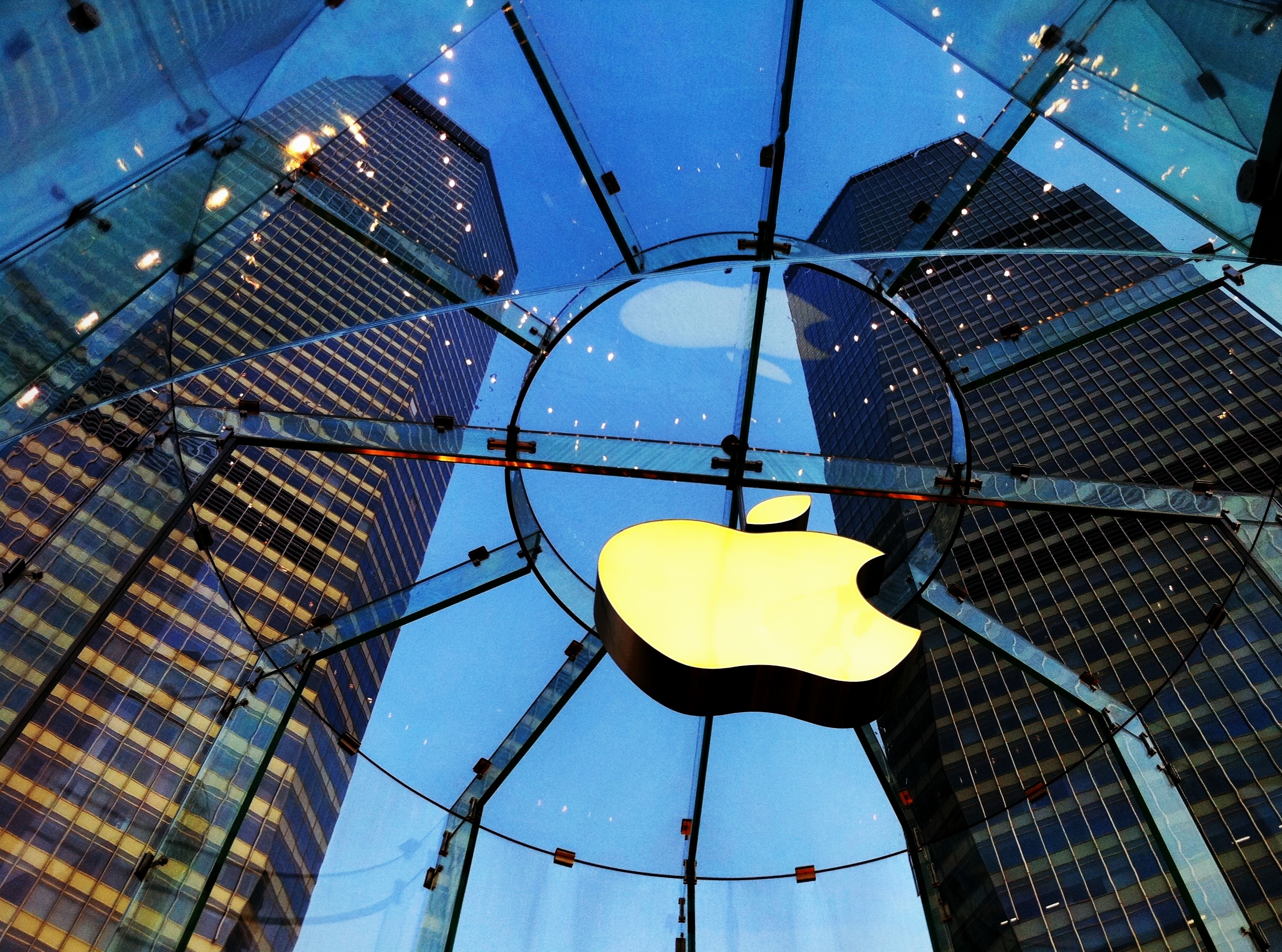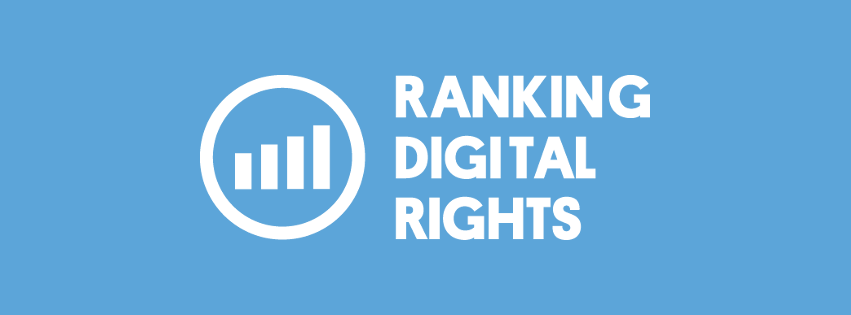17 Aug Tech companies combat white supremacist content, Chinese companies face investigation over user content, and web host pushes back on Trump administration demand for website visitor info
Corporate Accountability News Highlights is a regular series by Ranking Digital Rights highlighting key news related to tech companies, freedom of expression, and privacy issues around the world.
Tech companies combat white supremacist content

Image by Mark Dixon (Licensed CC BY 2.0)
Leading tech companies are making new efforts to restrict white supremacist content, following the white supremacist rallies in Charlottesville, Virginia on August 11 and 12. Several companies terminated services for the Daily Stormer, a neo-Nazi website, after it posted an article disparaging Heather Heyer, a counter demonstrator who was killed during the rally on August 12. GoDaddy, a domain name registrar, terminated its service for the Daily Stormer, stating, “this type of article could incite additional violence, which violates our terms of service.” The Daily Stormer then moved its domain name registry to Google Domains, which also cancelled its service, citing a violation to its terms of service. Zoho, the website’s email provider, also cancelled its service due to a terms of service violation. Following the rally, Twitter also suspended the Daily Stormer’s account, and Facebook removed several pages affiliated with white supremacist groups.
Notably, Cloudflare, a content distribution network company that had previously publicly defended its decision to provide services to the Daily Stormer, also dropped the site. Cloudflare CEO Matthew Prince told the Verge, “This was my decision, I don’t think it’s CloudFlare’s policy and I think it’s an extremely dangerous decision in a lot of ways. I think that we as the internet need to have a conversation about where the right place for content restriction is…but there was no way we could have that conversation until we resolved this particular issue.”
Internet and social media companies have come under increasing pressure to do a better job policing extremist content. However, in doing so, it is important that these companies have clear guidelines, policies, and accountability mechanisms to ensure they do not censor legitimate free speech. Companies’ terms of service or user agreements, which outline what content and activities are not permitted, are also not always transparent or consistently enforced, making it difficult to determine what impact this may have on users’ freedom of expression rights. Only three of the 22 companies evaluated in the 2017 Corporate Accountability Index—Google, Microsoft, and Twitter—disclosed any data about the volume and nature of content they restricted for breaches to terms of service. Companies should clearly disclose the circumstances under which they may restrict content or user accounts, publish data about the volume and nature of actions they take to enforce these rules, and provide clear grievance and remedy mechanisms to address users’ concerns over violations to their freedom of expression rights as a result of actions taken by the company. (more…)








